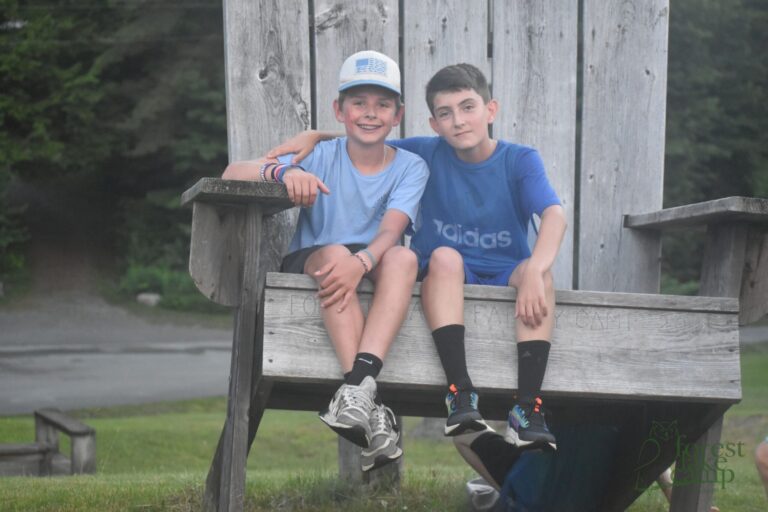Not sure whether to send your kids to summer camp this year? A new study finds there are many good reasons to do so, and the benefits last long after the campers get home.
Researchers at the University of Waterloo studied 17 accredited summer camps across Canada, and found the positive development that campers experienced resulted in lasting behavioral changes at home, at school, and in the community………….
The camps studied ranged from traditional cabin-on-the-lake types to urban styles such as computer or arts-centred day camps. The findings show positive growth in kids regardless of their camp’s style, says Troy Glover, a professor in the Department of Recreation and Leisure Studies at Waterloo, and the lead investigator on the study.
“Virtually everybody saw positive growth,” says Glover. “There were certain groups or people who saw more significant growth than others, but across the board the development seemed to be quite positive.”
Prepared for the Canadian Camping Association, the study asked parents of campers between the ages of 4 and 18 if they noticed any changes in their children’s attitudes or behaviours up to a year after returning from camp.
On average, the 1,288 campers observed showed positive development in five areas: social integration and citizenship, environmental awareness, attitudes towards physical activity, emotional intelligence, personal development, and self-confidence.
“Parents perceived positive development in all five areas. Regardless of age, gender, or camp experience, all campers experienced some degree of positive outcomes and growth,” says Glover.
The study also found that returning campers and children that stayed at camp for longer durations tended to experience greater positive change than first-time campers. Older children tended to show the greatest changes in attitudes and behaviours, while female campers exhibited greater levels of social integration and citizenship than boys.
Camp Culture
Glover attributes the positive results to the mix of work, play, and collaboration that happens at camp—what he refers to as “camp culture.”
“A camp setting is quite powerful because it’s associated with play, and it’s recreational activities that the participants really enjoy,” he says.
“They are participating in these activities with other youth so it becomes that much more social because they are spending so much time with these individuals. They’re forced to work together and make the experience work for everybody involved, which requires them to negotiate. It forces them to live by certain values that a camp would instil in them. So the culture of camp is a very powerful experience that has a lot of learning outcomes associated with it.”
Last year, Glover’s 8-year-old daughter went to summer camp for the first time. He and his wife were pleased to find positive changes manifest at home after she returned.
“When she came home she really did seem a bit more responsible, which is quite remarkable for an 8-year-old,” he says.
“She was all of a sudden helping clear the table, and was happy to help, whereas in the past that was something we really had to nag her to do. I think the camping culture’s really helpful in terms of making that seem like an appropriate behaviour that you’d want to do.”
But there are some children who may not be emotionally ready for camp, notes Glover, especially an overnight experience. Some kids may be too attached to their parents to leave them, or simply too young.
The best way to find out what type of camp is best for your child is to match it with their natural interests, he says, and talk with the camp director to find out the values and direction the camp will take.
Glover suggests the study’s findings could be used to inform policy in other areas of children and youth development. Through education partnerships, for example, or national camp programs that focus on fostering positive outcomes in youth, rather than ones that focus solely on decreasing unhealthy risks.
“In short, the camp experience transfers into everyday life in the best way possible. Parents need to leverage this and help children develop and maintain the skills and values that will allow them to be successful adults,” says Glover.





